Nearly everyone agrees that saving money is a good thing. One might argue that being a spendthrift is one way the rich stay rich. However, most of us aren’t saving to stay rich, we’re saving for a cause, whether it’s to put kids through college or build a retirement fund. Saving on the small things now can make for less headaches in the future if we are consistent in our efforts and use a variety of money-saving strategies.
1. Transportation Savings
Transportation is one of the main costs for families living in suburban areas. We drive to work, drive the kids to school and their activities and shuffle around doing errands. Finding ways to save money in this activity is a good place to start reducing costs. As an added benefit, less driving is better for the environment.
- Use carpools to for transportation to work and schools
- Have everyone use public transportation, parents and teens. Younger kids can take the school bus
- Use online shopping for groceries and other staples and have them delivered
If you must drive, make sure that you keep your car well maintained and check your tire pressure regularly. These steps may reduce the amount of fuel you use per trip. Of course, you can also consider getting rid of your car completely. One estimate suggests you may save as much as $9,600 per year.1
2. Clothing Costs
For many of us, clothes are as much an expenditure as an expense. The kids may have school uniforms and a suit may be our work uniform. The average family spends $1,434 per year on clothes according to the Bureau of Labor Statistics.2
- Try consignment sales and online auctions for kids clothing
- Never pay retail for anything, only buy items on sale
- Signup for rewards programs for discounts on your favorite brands
We may need to look impeccable at work but that doesn’t mean spending a lot of money on the clothing we wear daily.
3. Entertain for Less
We are increasingly reliant on the Internet for our entertainment and less reliant on cable companies. It may be time to consider “cord-cutting,” which is dropping the cable television service completely in favor of having a few subscription services we use regularly, getting everything we want a la carte.
In fact, it may be best to cut back on watching television completely. The big flat panel televisions use a lot of electricity. Encourage your family to renew the joys of reading books, especially the free ones available at the library.
4. Eating Well and Cheap
The Bureau of Labor Statistics also notes we spend nearly $7,000 per year on food.2 We can cut into that expense in various ways.
- Eat out less
- Shop in bulk for canned goods and other staples
- Pack a lunch for yourself and the kids daily
- Use coupons regularly
- Grow your own vegetables and herbs
If you have a good-sized freezer, you can buy meat and vegetables in bulk as well. Consider creating meal plans so that you can be sure to use everything you buy instead of wasting food.
5. Reduce Debt
Many economists believe that Americans carry too much personal debt. If you simply look at your mortgage, your student loan, car payment and credit card statements you’ll likely agree. There are a few ways to tackle and reduce debt.
- Refinance loans, including your home, car and student loans
- See if you qualify for consolidation of your student loans or other programs designed to help reduce monthly payments
- Pay off credit cards as soon as possible
- Ask for a rate reduction on your credit card or any other loans
A financial advisor is a good person to discuss any debt reduction moves, especially those that involve your mortgage or student loans. After you’ve figured out ways to reduce your expenses, you can increase savings for the big plans you have for later in life and you can talk about retirement plans or ways to save college.
This content is developed from sources believed to be providing accurate information. The information in this material is not intended as investment, tax, or legal advice. It may not be used for the purpose of avoiding any federal tax penalties. Please consult legal or tax professionals for specific information regarding your individual situation. The opinions expressed and material provided are for general information, and should not be considered a solicitation for the purchase or sale of any security. Digital assets and cryptocurrencies are highly volatile and could present an increased risk to an investors portfolio. The future of digital assets and cryptocurrencies is uncertain and highly speculative and should be considered only by investors willing and able to take on the risk and potentially endure substantial loss. Nothing in this content is to be considered advice to purchase or invest in digital assets or cryptocurrencies.
Enjoying Escient Financial’s Insights?
The weekly newsletter is usually delivered to your email inbox Friday or Saturday, and includes:
- the latest Escient Financial Insights articles
- a brief of the week's important news regarding the markets
- recommended third-party reads
- selected Picture of the Week
Escient Financial does NOT sell subscriber information. Your name, email address, and phone number will be kept private.
















